Southsea photographer's fascinating life in lockdown China
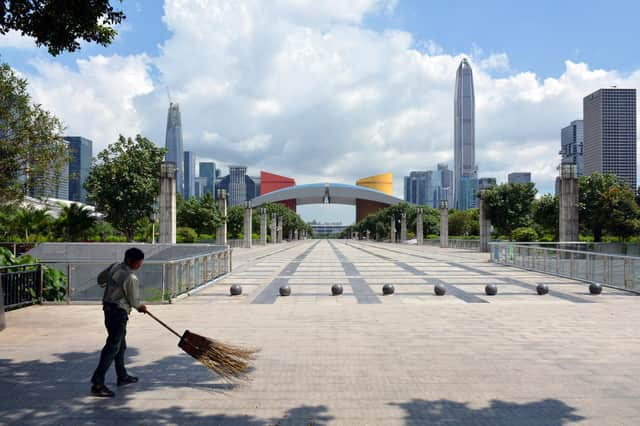

However, in June 2020, the only people walking this street daily were minimum wage, essential workers. Residents like expat David Colman were allowed out just once every three days to buy groceries.
The Southsea photographer spent two years in China on a trip which started in the technological hub of Shenzhen, known as the Silicon Valley of China, in August 2019.
Advertisement
Hide AdAdvertisement
Hide AdThe former Jessops manager then moved to Jiaxing on the country's Grand Canal in August 2020 with a plan to help others see 'the real China' and how he was treated through his time there. For David it was a lifelong dream to capture events people otherwise would not see.
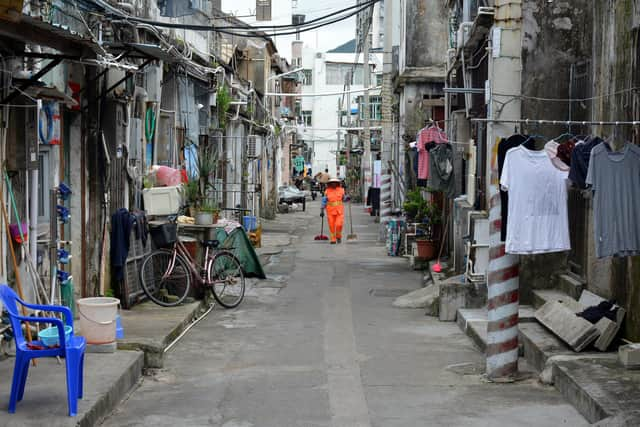

But when the 54-year-old moved to China with his wife Sarrey Huang after she landed a job at an international school, he had no idea he'd be there to capture the biggest health crisis in more than 100 years.
So far, his two-year trip has set him in good stead, after two successes in China photo competitions, filming for a future appearance on China Central Television (CCTV) and a local radio station.
Now featured in expat photo contests, David tells The News his passion for photography started as a teenager. ‘I just had a cheap camera. I ended up working in Jessops in Arundel Street, Portsmouth, and was eventually assistant manager.'
Advertisement
Hide AdAdvertisement
Hide AdHowever, the rise of the internet in the ’90s meant customers could find camera equipment much cheaper online, so he left Jessops 'after the high street started to die'.
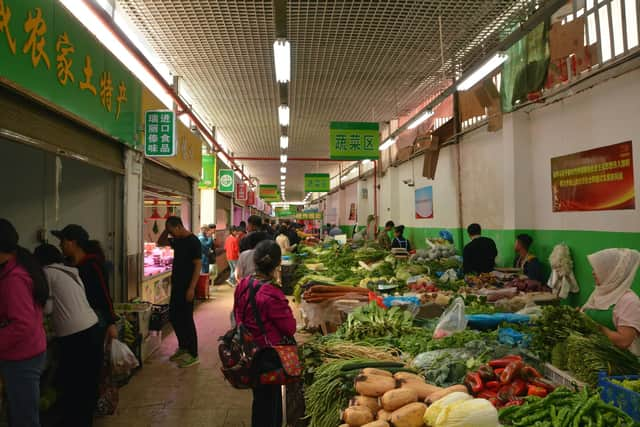

David had been living in Shenzhen for five months when the first cases of coronavirus in Wuhan emerged. He and his wife found themselves were under some of the strictest lockdown rules in the world when Covid hit.
He says: 'You needed an ID card which had a picture, your name and your passport number on it to leave the building which security guards monitored. Your temperature was taken everywhere you went, from entering the flat block to entering the supermarket.'
David recalls the experience of a friend in another Chinese city where police taped up doors at the height of lockdown and people were arrested if they broke that tape. But the draconian measures seemed to work as there were ‘virtually no cases for months’.
Advertisement
Hide AdAdvertisement
Hide Ad'I have got on buses here where people ignore the rules or have their mask on wrong. I felt a lot safer in China because people followed the rules.
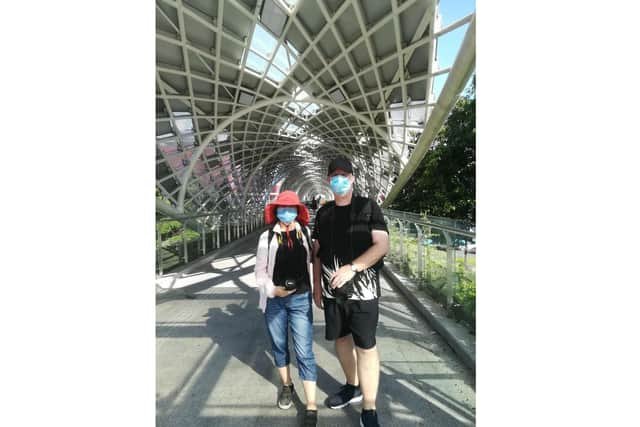

'I think our government is quite slow to react. In China, you wouldn't have three days to prepare for a lockdown. It would just happen, and there's nothing you can do about it.'
David had spent time in China before, in 2006 and 2007, when he was alone with his camera. He noticed cultural differences in public attitudes towards photographers, compared to the UK.
He says: 'The culture is very different and takes a few weeks to get used to. People are not too bothered if you take their picture or point your camera. They are curious though and seem more interested in what you're doing.'
Advertisement
Hide AdAdvertisement
Hide AdThe pandemic has brought with it increased incidents of racism and xenophobia as people in Asia were blamed for the spread of Covid-19.
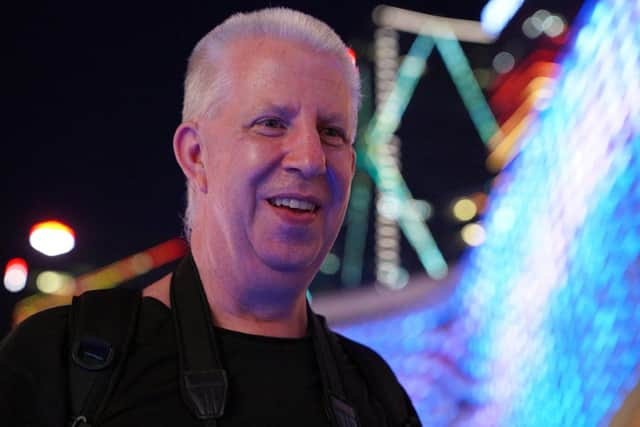

One organisation which is dedicated to ‘reducing online toxicity’, L1ght, has reported a 900 per cent increase in racist incidents targeted at Asian groups on Twitter.
David echoes this: 'The people in China are friendly, but people can be so prejudiced. They have no idea what it's like. I saw on social media that somebody was blaming Chinese wet markets (which sell perishable goods) for the whole pandemic. I posted a picture of our local one and asked if it looked unsafe and asked them to send a picture of theirs. They couldn't because they obviously didn't know.'
David's wife, Surrey, has also had bad experiences in the UK, but David equally suffered discrimination from people when he stayed in China. 'People would move their kids out of the way when I walked down a street. I even had a woman jump into a bush once. I had someone chuck cash at me in a shop.'
Advertisement
Hide AdAdvertisement
Hide AdBefore leaving the country David was presented with a special gift from the director of foreign affairs to thank him for helping promote the city and cross-culture relationships.
He also had two of his photos published in China Daily, which has the largest print circulation of any English-language newspaper in China.
One of the articles featured his photo of women picking water chestnuts in Jiaxing's Nanhu lake. This came joint second in the city’s photo competition for expats.
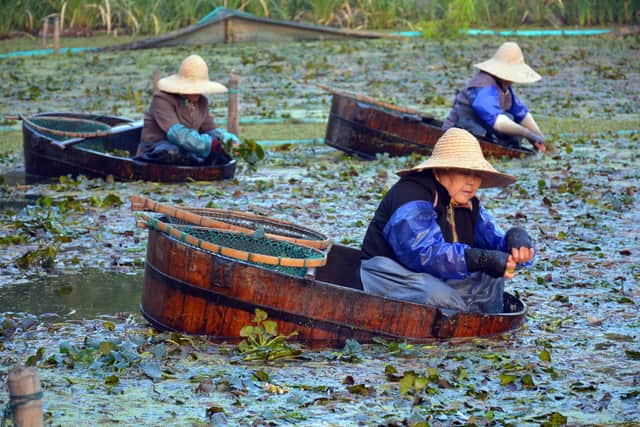

His photo of the deserted Shenzhen city centre took him to the final of the Experts Eye Shenzhen Photo Contest. 'I think the foreign affairs office must have picked it up, and I had lunch a couple of times with the director. I was awarded for raising the profile of the city.’
Advertisement
Hide AdAdvertisement
Hide Ad'Director Shen gave me a silk-covered book on the writings of Confucius in a presentation box.’
It is written in both languages and stamped with the government official seal.'
A message from the editor, Mark Waldron.
You can subscribe here for unlimited access to our online coverage, including Pompey, for 27p a day.
Comment Guidelines
National World encourages reader discussion on our stories. User feedback, insights and back-and-forth exchanges add a rich layer of context to reporting. Please review our Community Guidelines before commenting.